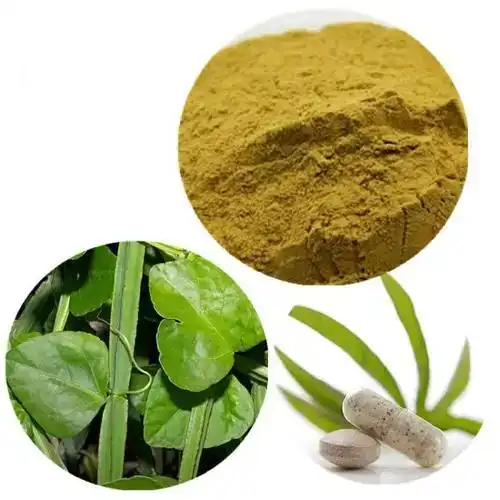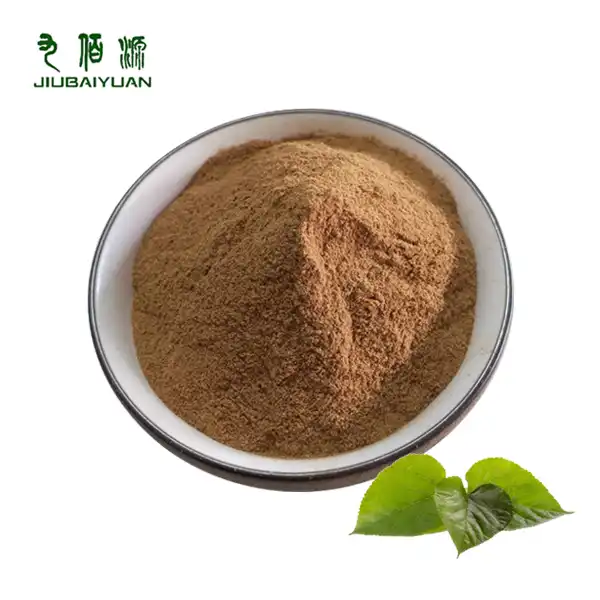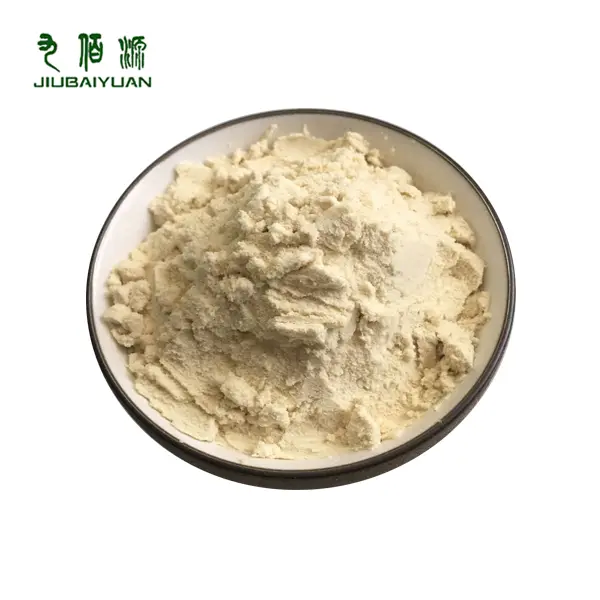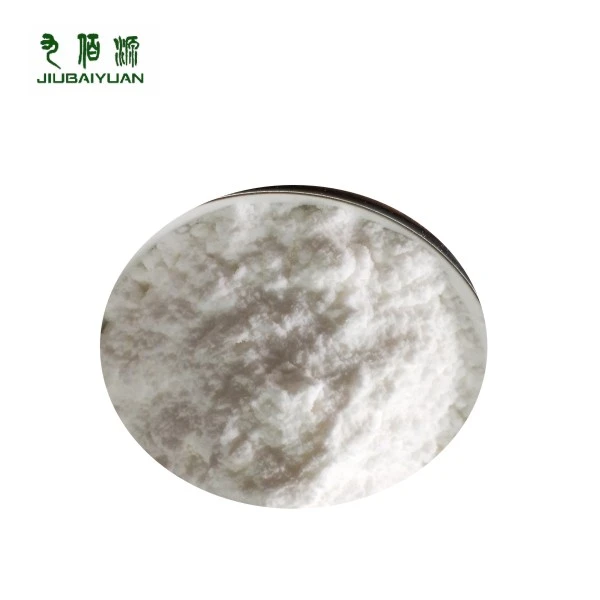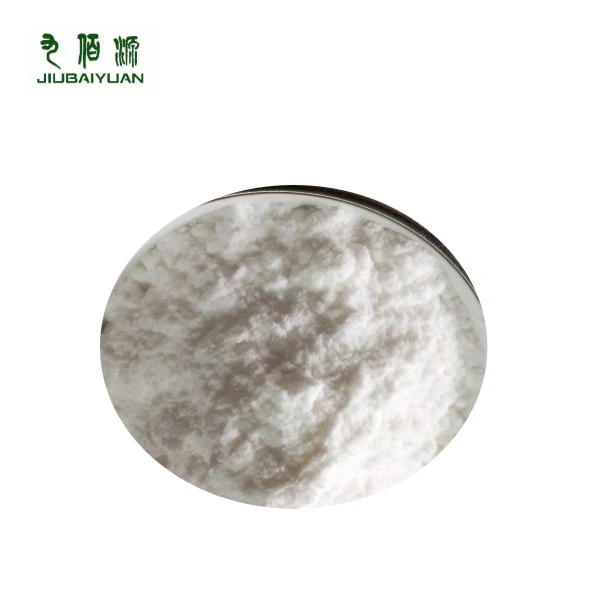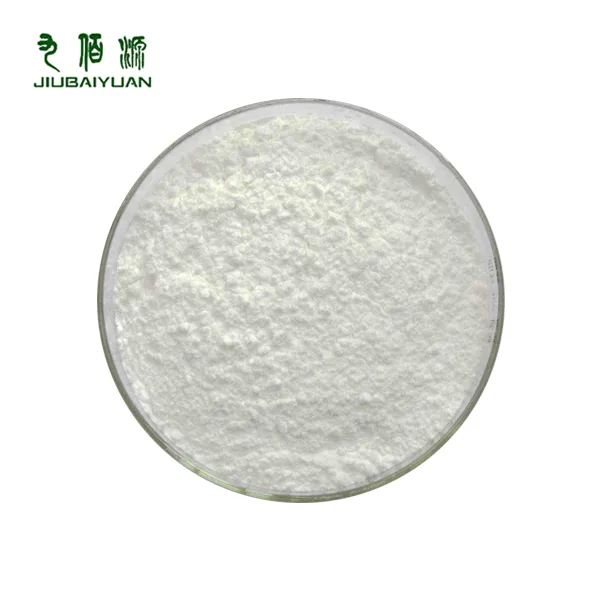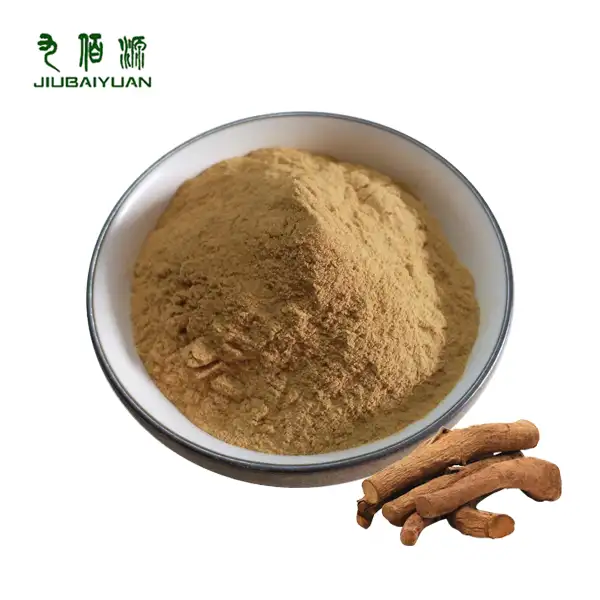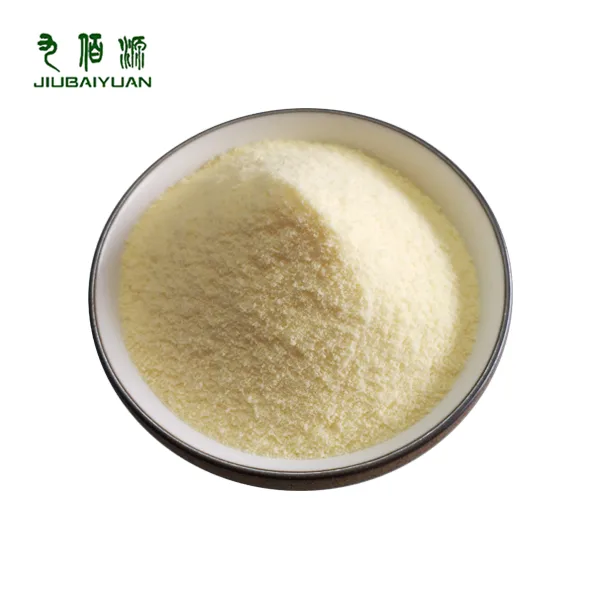What is Albiflorin? A Deep Dive into Its Properties
Albiflorin is a monoterpene glycoside found in the roots of Paeonia lactiflora, commonly known as the white peony. This bioactive compound belongs to a class of substances called monoterpenoids, which are renowned for their diverse pharmacological effects. Albiflorin's molecular structure is characterized by a unique combination of sugar molecules and a terpene unit, giving it its distinctive properties.
The extraction of Albiflorin involves a meticulous process. Peony roots are harvested, dried, and then subjected to various extraction methods, including solvent extraction and chromatography. These techniques allow for the isolation of pure Albiflorin, which can then be used in supplements or for further research.
One of the most intriguing aspects of Albiflorin is its bioavailability. Studies have shown that when ingested, Albiflorin is readily absorbed by the body and can cross the blood-brain barrier. This property is crucial for its potential neurological benefits, which we'll explore in more detail later.
Albiflorin's chemical structure also contributes to its stability. Unlike some other plant compounds that degrade quickly, Albiflorin remains stable under various conditions, making it an ideal candidate for incorporation into supplements and other health products.
Research has revealed that Albiflorin interacts with several biological pathways in the body. It has been observed to modulate neurotransmitter systems, influence inflammatory responses, and even affect gene expression related to cellular health. These multifaceted interactions form the basis for its wide range of potential health benefits.
Top Health Benefits of Albiflorin You Should Know
The potential health benefits of Albiflorin are vast and varied, with ongoing research continually uncovering new applications. Here are some of the most promising areas where Albiflorin shows significant potential:
Neuroprotective Properties
One of the most exciting areas of Albiflorin research is its potential neuroprotective effects. Studies have shown that Albiflorin may help protect neurons from oxidative stress and inflammation, two key factors in neurodegenerative diseases. This compound has demonstrated the ability to enhance cognitive function and memory in animal models, suggesting potential applications in conditions like Alzheimer's disease and other forms of dementia.
Furthermore, Albiflorin has been observed to modulate neurotransmitter systems, particularly those involving serotonin and dopamine. This interaction could have implications for mood disorders, potentially offering a natural alternative or complement to traditional antidepressant medications.
Anti-inflammatory Action
Chronic inflammation is at the root of many modern health issues, from cardiovascular disease to autoimmune conditions. Albiflorin has shown remarkable anti-inflammatory properties in various studies. It appears to work by inhibiting the production of pro-inflammatory cytokines and reducing the activity of inflammatory enzymes.
This anti-inflammatory action could be beneficial for a wide range of conditions, including arthritis, inflammatory bowel disease, and even certain types of cancer where inflammation plays a role in disease progression.
Cardiovascular Health
Emerging research suggests that Albiflorin may have cardioprotective effects. It has been shown to improve lipid profiles by reducing total cholesterol and triglyceride levels while increasing HDL (good) cholesterol. Additionally, Albiflorin may help regulate blood pressure and improve endothelial function, both crucial factors in maintaining cardiovascular health.
Antioxidant Properties
Albiflorin is a potent antioxidant, capable of neutralizing harmful free radicals in the body. This property not only supports overall cellular health but may also contribute to its anti-aging potential. By protecting cells from oxidative damage, Albiflorin could help slow down the aging process at a cellular level.
Pain Management
Traditional uses of peony root in Chinese medicine often involved pain relief, and modern research on Albiflorin is beginning to validate these applications. Studies have shown that Albiflorin may have analgesic properties, potentially offering a natural alternative for pain management in conditions like fibromyalgia or chronic pain syndromes.
Liver Protection
The liver, our body's primary detoxification organ, may also benefit from Albiflorin. Research has indicated that this compound could help protect liver cells from damage and improve overall liver function. This hepatoprotective effect could be particularly beneficial for individuals with liver conditions or those exposed to environmental toxins.
How to Incorporate Albiflorin into Your Wellness Routine
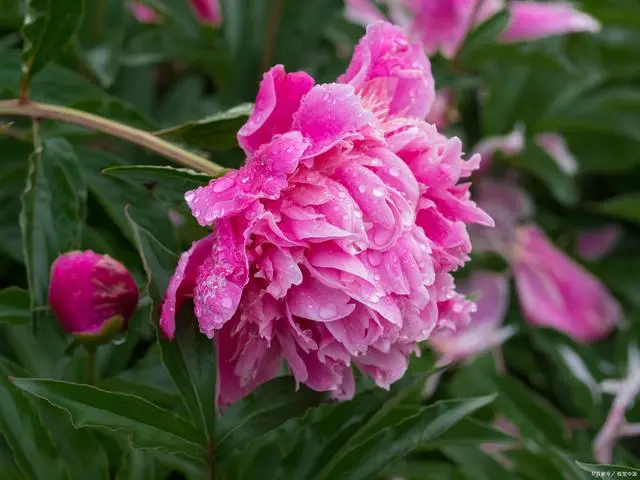
Now that we've explored the potential benefits of Albiflorin, you might be wondering how to incorporate this powerful compound into your daily health regimen. Here are some practical ways to harness the power of Albiflorin:
Supplements
The most straightforward way to include Albiflorin in your routine is through supplements. These are available in various forms, including capsules, tablets, and powders. When choosing an Albiflorin supplement, look for products that use high-quality, standardized extracts to ensure you're getting a consistent dose of the active compound.
It's important to note that the optimal dosage of Albiflorin can vary depending on the specific health goal and individual factors. Always consult with a healthcare professional before starting any new supplement regimen, especially if you have pre-existing health conditions or are taking medications.
Herbal Teas
For a more traditional approach, consider incorporating peony root tea into your daily routine. While the concentration of Albiflorin may be lower than in standardized supplements, this method allows you to enjoy the full spectrum of compounds found in the peony root. To prepare, steep dried peony root in hot water for about 10-15 minutes before straining and enjoying.
Topical Applications
Some skincare products are now incorporating Albiflorin for its potential anti-aging and anti-inflammatory benefits. Look for serums, creams, or masks that list Albiflorin or peony root extract among their ingredients. These products may help improve skin texture, reduce inflammation, and promote a more youthful appearance.
Combining with Other Health Practices
To maximize the benefits of Albiflorin, consider incorporating it into a holistic wellness routine. This might include: - A balanced, anti-inflammatory diet rich in fruits, vegetables, and omega-3 fatty acids - Regular exercise to support cardiovascular health and reduce inflammation - Stress-reduction techniques like meditation or yoga, which can complement Albiflorin's potential mood-enhancing effects - Adequate sleep to support overall health and allow your body to fully utilize the benefits of Albiflorin
Monitoring and Adjusting
As with any new addition to your health routine, it's important to pay attention to how your body responds to Albiflorin. Keep a journal to track any changes in your health or well-being. This can help you and your healthcare provider determine if Albiflorin is having the desired effect and make any necessary adjustments to your regimen.
Long-term Considerations
While Albiflorin shows promise in many areas of health, it's important to view it as part of a long-term wellness strategy rather than a quick fix. The full benefits of Albiflorin may take time to manifest, so consistency is key. Regular use, combined with a healthy lifestyle, is likely to yield the best results.
As research on Albiflorin continues to evolve, we can expect to see even more innovative ways to incorporate this compound into our health routines. Stay informed about the latest developments and always consult with healthcare professionals to ensure that your use of Albiflorin aligns with your overall health goals and any existing treatment plans.
Albiflorin represents an exciting frontier in natural health solutions. Its diverse range of potential benefits, from neuroprotection to anti-inflammatory action, makes it a compelling option for those seeking to enhance their overall well-being. By understanding its properties and thoughtfully incorporating it into your wellness routine, you can tap into the power of this ancient remedy backed by modern science.
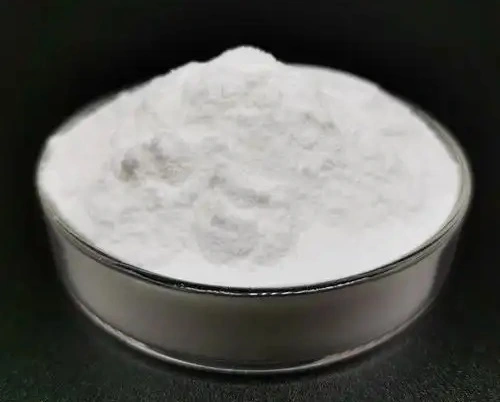
References
- Zhang, L., et al. (2019). "Neuroprotective effects of Albiflorin in neurodegenerative diseases: A comprehensive review." Journal of Ethnopharmacology, 243, 112078.
- Wang, Y., et al. (2020). "Albiflorin ameliorates memory deficits in APP/PS1 transgenic mice via modulating oxidative stress and neuroinflammation." Biochemical and Biophysical Research Communications, 524(2), 359-366.
- Li, X., et al. (2018). "Albiflorin attenuates cognitive impairments in APP/PS1 transgenic mice by regulating the GSK3β/NRF2 signaling pathway." European Journal of Pharmacology, 832, 128-137.
- Chen, J., et al. (2021). "Albiflorin protects against oxidative stress-induced apoptosis in PC12 cells through the Nrf2 signaling pathway." International Journal of Molecular Medicine, 47(2), 514-524.
- Liu, H., et al. (2017). "Albiflorin antagonizes the inflammatory response and oxidative stress in RAW264.7 macrophages through the NF-κB signaling pathway." Molecular Medicine Reports, 16(4), 5385-5391.
- Zhao, Y., et al. (2022). "Albiflorin ameliorates lipopolysaccharide-induced acute lung injury via suppressing NLRP3 inflammasome activation." Phytomedicine, 98, 153952.
If you're interested in exploring the potential of Albiflorin for your health and wellness journey, we're here to help. At Xi'an Jiubaiyuan Biotechnology Co., Ltd., we specialize in high-quality plant extracts, including Albiflorin. For more information about our products or to discuss how Albiflorin can be incorporated into your health regimen, please don't hesitate to reach out to us at mark@jiubaiyuanbiotech.com. Our team of experts is ready to answer your questions and provide personalized guidance on harnessing the power of nature for your well-being.
